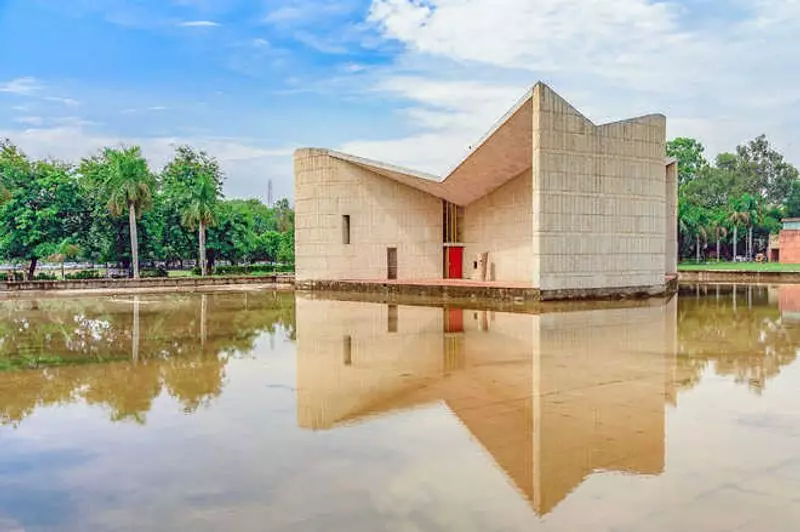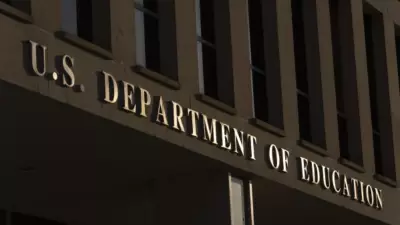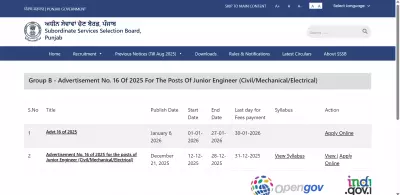
The North American Punjabi Association (NAPA) has launched scathing criticism against the Indian government's recent decision to dissolve the Senate of Panjab University, one of the country's most prestigious educational institutions. The move, executed through a government ordinance, has been labeled as an 'academic emergency' that threatens the democratic fabric of higher education.
What the Ordinance Means for Panjab University
The Centre's ordinance effectively dismantles the university's 91-year-old Senate structure, replacing it with a temporary governing body. This radical restructuring has raised serious questions about the future of academic freedom and institutional autonomy at the 143-year-old university, which counts among its alumni several prominent political leaders, Nobel laureates, and distinguished academics.
NAPA's Strong Condemnation
In a strongly worded statement, NAPA executive director Satnam Singh Chahal expressed deep concern over what he called the 'unilateral decision' that bypasses established democratic processes. 'This move undermines the very foundation of academic independence and sets a dangerous precedent for other universities across India,' Chahal stated.
The association highlighted that the Senate dissolution affects not only current students and faculty but also the extensive alumni network that has actively participated in university governance through elected representation.
Historical Significance Under Threat
Panjab University, established in 1882 in Lahore and later relocated to Chandigarh after Partition, has maintained its Senate system since 1931. This governance structure has been instrumental in shaping the university's academic excellence and maintaining its unique character as an institution that bridges historical legacy with modern educational demands.
Broader Implications for Indian Education
The controversy raises fundamental questions about:
- The balance between government oversight and institutional autonomy
- The protection of democratic processes in academic governance
- The future of alumni participation in university administration
- The preservation of historical educational structures in modern India
NAPA has called for immediate reconsideration of the ordinance, urging the government to engage in meaningful dialogue with all stakeholders, including faculty, students, and alumni representatives, to find a solution that respects both academic freedom and governance requirements.
As the debate intensifies, the academic community watches closely, concerned that this decision could signal a broader shift in how the government interacts with premier educational institutions across the country.





